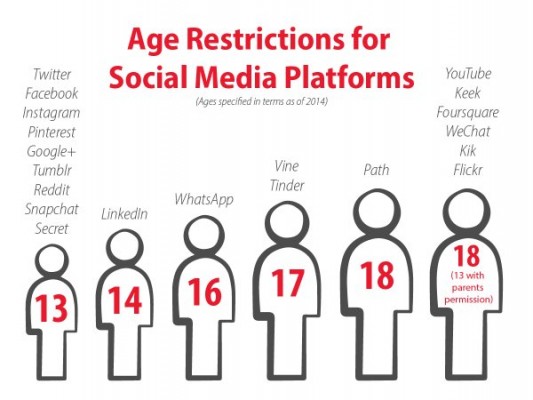Online Safety
The internet is now a part of everyday life and children are spending more and more time online, exploring cyberspace and connecting with others online. However the internet can also represent a risk to children that is sometimes misunderstood and often underestimated. Online Safety is a key element in the safeguarding strategy at St Michael’s C of E (VA) Junior School and keeping children safe online is a priority for all staff and volunteers.
Just like the offline world, the online world is full of risk and although the majority of these will not turn into harm it is important that children understand the risks they are taking and make sensible choices. At St. Michael’s children are taught the fundamentals of online safety throughout the school so that they can recognise and avoid dangers and unsuitable content. We also explain how to behave appropriately online as well as the importance of managing their digital footprint.
However we can only be successful in keeping children safe online if we engage with parents and carers to ensure a consistent approach on online safety at home as well as at school.
‘The 2 Johns’ eSafety Training

Online Safety FAQ
What age restrictions are there for social Media

What is the school’s Online Safety policy?
Click here for our policies page
What are the risks to children?

Children are keen to explore the online world but are often not mature enough to manage or understand the risks they come across. Helping your child to manage these risks at home can be achieved by asking your child
- Where they are going and what they see? – this will help you talk about content risk.
- What they do online? – this will help you understand any conduct risks and see whether they are chatting on anonymous sites or posting comments about themselves.
- Who they are talking to? – this will help cover the contact risks, particularly if their online friends are people they do not know offline.
It is essential to be realistic – banning the internet or technology will not work and it often makes a child less likely to report a problem. Education around the safe use is essential.
Some useful websites
CEOP – The Child Exploitation and Online Protection Centre
Provides children and parents advice on a range of issues such as viruses, hacking and dealing with bullying online.
Internet Matters
A online portal designed for parents to access simple, easy and practical advice about online safety for their children.
Thinkuknow
A guide to online safety for young people offering e-safety advice and resources for children and parents.
Vodafone digital parenting
Practical advice for parents as well as access to their digital parenting magazine.
Virgin Media Internet Safety Test
An internet safety test for parents and children of all ages to build awareness and ensure children are better protected online

